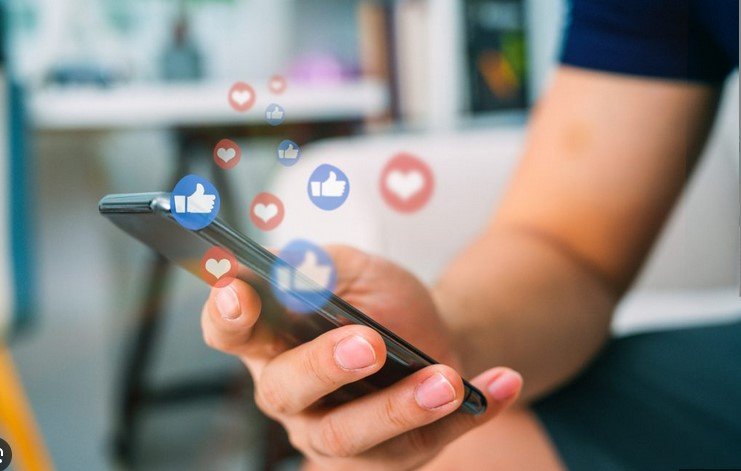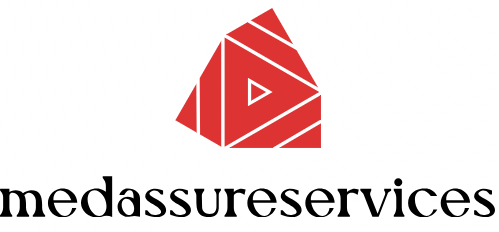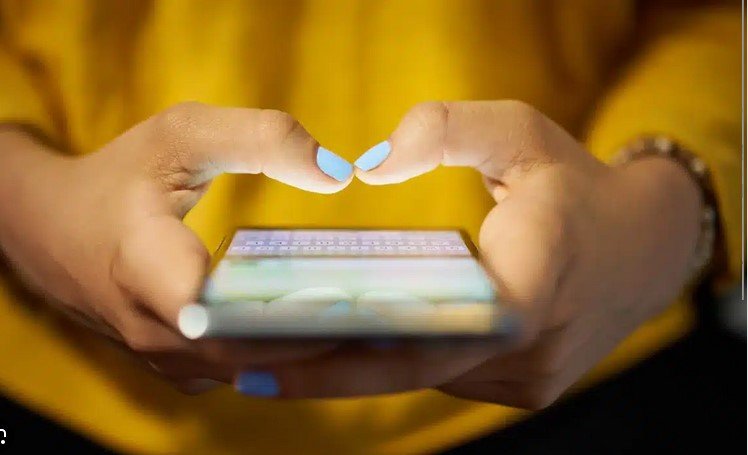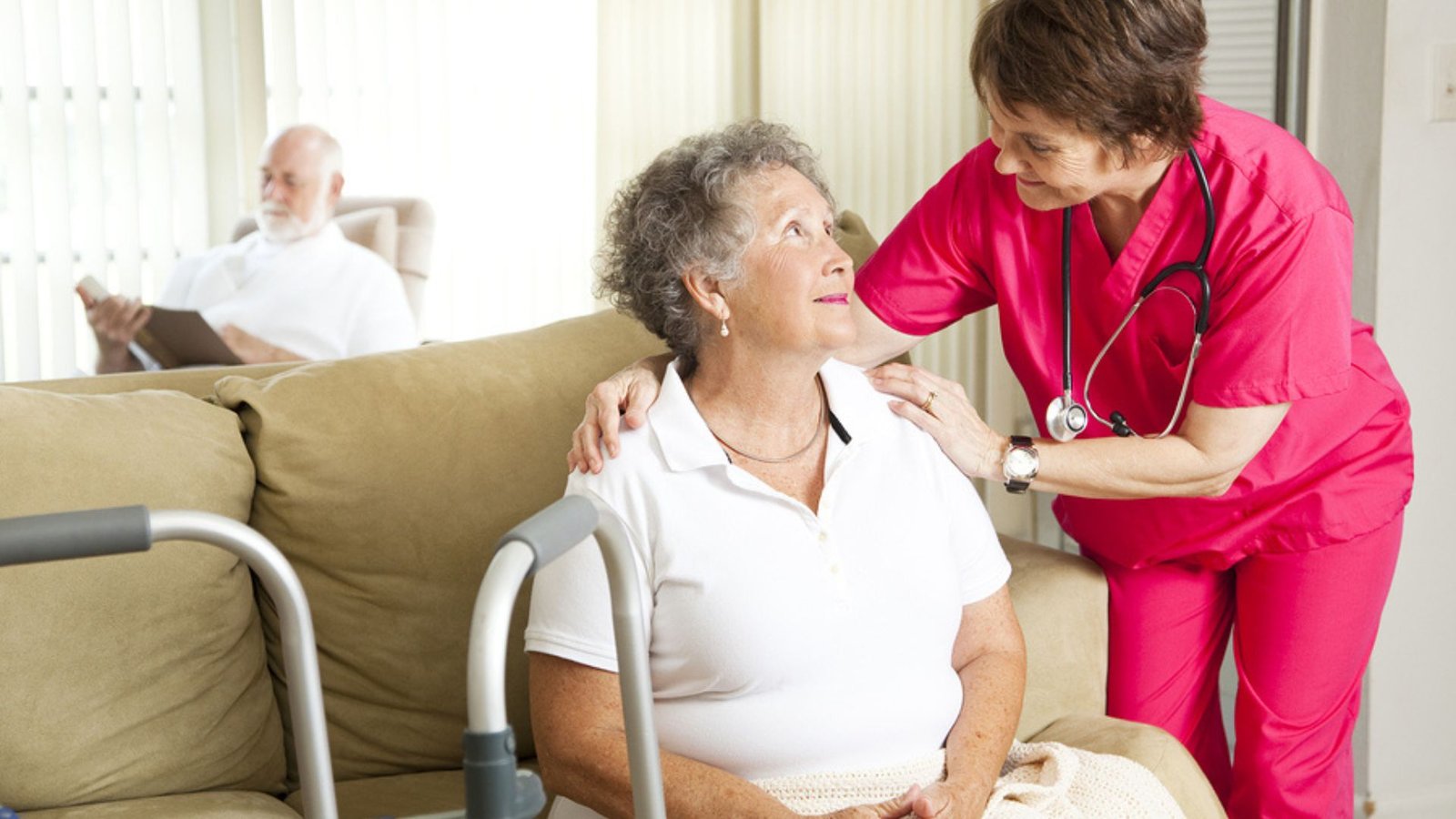Social media significantly impacts health awareness, shaping how individuals access, share, and engage with health information. Platforms like Facebook, Twitter, Instagram, and TikTok have transformed the landscape of health communication, offering both opportunities and challenges for public health education.

Enhancing Access to Information
Social media enhances access to health information for millions of people worldwide. With just a few clicks, individuals can find reliable resources about various health topics, from nutrition and exercise to mental health and chronic diseases. This accessibility empowers users to make informed decisions about their health.
Moreover, healthcare organizations and professionals use social media to disseminate information rapidly. They share articles, infographics, and videos that educate the public about health issues, disease prevention, and healthy lifestyles. This immediate access helps raise awareness about current health trends and research findings.
Creating Communities and Support Networks
Social media fosters the creation of online communities where individuals can connect over shared health experiences. These platforms allow users to find support groups, share personal stories, and exchange valuable advice. For instance, individuals dealing with chronic illnesses can connect with others facing similar challenges, offering emotional support and practical tips.
These online communities also play a vital role in breaking the stigma surrounding mental health and other sensitive issues. By sharing their experiences, users encourage open discussions and promote understanding, which can lead to increased help-seeking behaviours.
Influencing Health Behaviors
Social media influences health behaviours through campaigns and challenges that encourage positive lifestyle changes. Influencers and health advocates often promote fitness challenges, healthy eating tips, and mental wellness practices. Their engaging content motivates followers to adopt healthier habits.
For instance, fitness influencers share workout routines and nutrition advice, inspiring their audience to be more active and make healthier food choices. These positive influences can lead to a shift in health behaviours among large groups of people.
Challenges of Misinformation
Despite the benefits, social media also poses challenges regarding misinformation. The rapid spread of inaccurate or misleading health information can have serious consequences. Users may encounter false claims about treatments, diet fads, or vaccines, leading to confusion and harmful decisions.
To combat misinformation, users must develop critical thinking skills and verify the credibility of the sources they encounter. Health organizations play a crucial role by providing accurate information and addressing misconceptions through their social media channels.
The Role of Campaigns and Initiatives
Health organizations and governments utilize social media for awareness campaigns that address pressing health issues. Campaigns focusing on topics like vaccination, mental health, and chronic disease prevention reach vast audiences and encourage community engagement.
For example, social media campaigns that promote flu vaccinations often include eye-catching graphics and testimonials that resonate with the public. By utilizing popular platforms, these initiatives effectively raise awareness and encourage individuals to take action regarding their health.
Engaging the Younger Generation
Social media uniquely engages the younger generation, who often turn to these platforms for information. By delivering health messages through channels that resonate with younger audiences, health organizations can effectively reach and educate this demographic.
For instance, short videos and interactive content can capture the attention of younger users and make learning about health issues fun and relatable. This engagement fosters a sense of responsibility towards personal health and encourages proactive behaviours.
Conclusion: A Double-Edged Sword
The impact of social media on health awareness presents both opportunities and challenges. While it enhances access to information, creates supportive communities, and influences positive health behaviours, it also raises concerns about misinformation and its potential consequences.
By promoting critical thinking and prioritizing credible sources, users can harness the benefits of social media to improve their health awareness. As we continue to navigate the digital age, the role of social media in shaping health perceptions will remain crucial.




